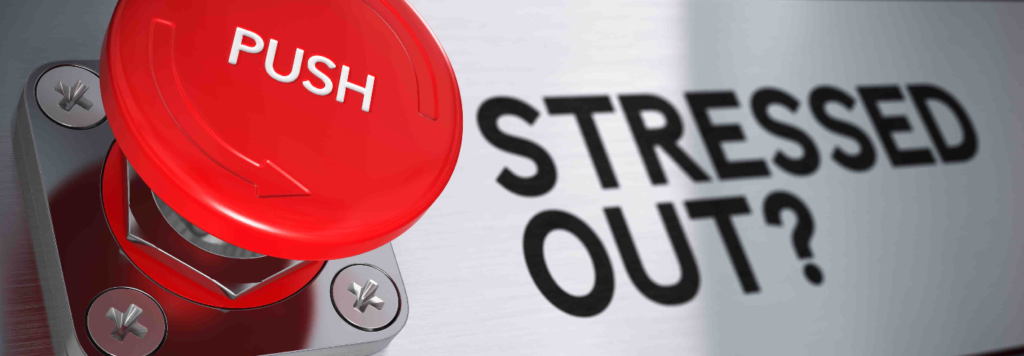Caffeine, Alcohol and Insomnia on the Rise During EPPP Exam Prep
Are you sacrificing sleep for an extra hour of EPPP exam prep? Are you drinking more cups of coffee than normal? Do your weekends consist of more glasses of wine than when you drank when you were not studying for the EPPP?
A recent study published in the Public Library of Science (PLoS) shows that legal drug use, such as alcohol and caffeine, as well as sleep deprivation and insomnia, are on the rise during exam preparation. Alcohol and caffeine negatively affect sleep quality as is, but added exam preparation stress creates the perfect storm for poor sleep quality.
And poor sleep quality, or not getting enough sleep in general, can be dangerous. According to an article by Reader’s Digest, sleep deprivation can impact us in the following ways:
- A loss of 2-3 hours of sleep in a typical 8-hour night can result in performing similarly to if you had consumed 2-3 beers.
- Your risk of fatality is increased if driving while sleep deprived
- A lack of sleep can contribute to a lack in motivation and a lack of willpower
Not only can poor sleep quality and lack of sleep be fatal, but it is detrimental to your quality of studying. Ultimately, staying up that extra hour to study could be doing more harm than good.
The study published by PLoS obtained data of student’s consumption of alcohol, caffeine, and nicotine. They used the Pittsburgh Sleep Quality Index (PSQI) to measure sleep quality in 150 university students before and after an exam period.
They found that poor sleep quality during exam periods and was directly correlated with lower academic performance. Alcohol and caffeine consumption increased during exam periods as well, which have a more indirect affected sleep quality but affect it nonetheless. Stress was the best predictor of poor sleep quality and decreased time in bed which led to an increase in sleep onset latency and daytime drowsiness.
So, before you stay up past your bed time for the sake of that extra hour of studying, think of what you are truly risking: quality studying. Instead of cutting into much needed rest, create a study schedule that allows for an adequate night’s sleep and appropriate breaks during your study sessions. Do not wait until you are mentally exhausted to take a break. Schedule both short, 5-10 minute, and long, 20-30 minute, breaks and take them when you have set aside the time.
Furthermore, keep your breaks productive. Getting outside and moving your body will rejuvenate the brain. Incorporate activities that requires less mental energy and are absent of digital distractions. Perhaps go on a walk, juggle the soccer ball, or even take a relaxing bath.
References
Zunhammer, M., Eichhammer, P., & Busch, V. (2014, Oct. 3). “Sleep Quality during Exam Stress: The Role of Alcohol, Caffeine and Nicotine.” Public Library of Science, 9(10). Retrieved from https://www.ncbi.nlm.nih.gov/pmc/articles/PMC4184882/
Weinhouse, B. Reader’s Digest. “America’s Sleep Crisis Is Making Us Sick, Fat, and Stupid. But There’s Hope.” Retrieved from https://www.rd.com/health/conditions/america-sleep-crisis/
Further Reading

